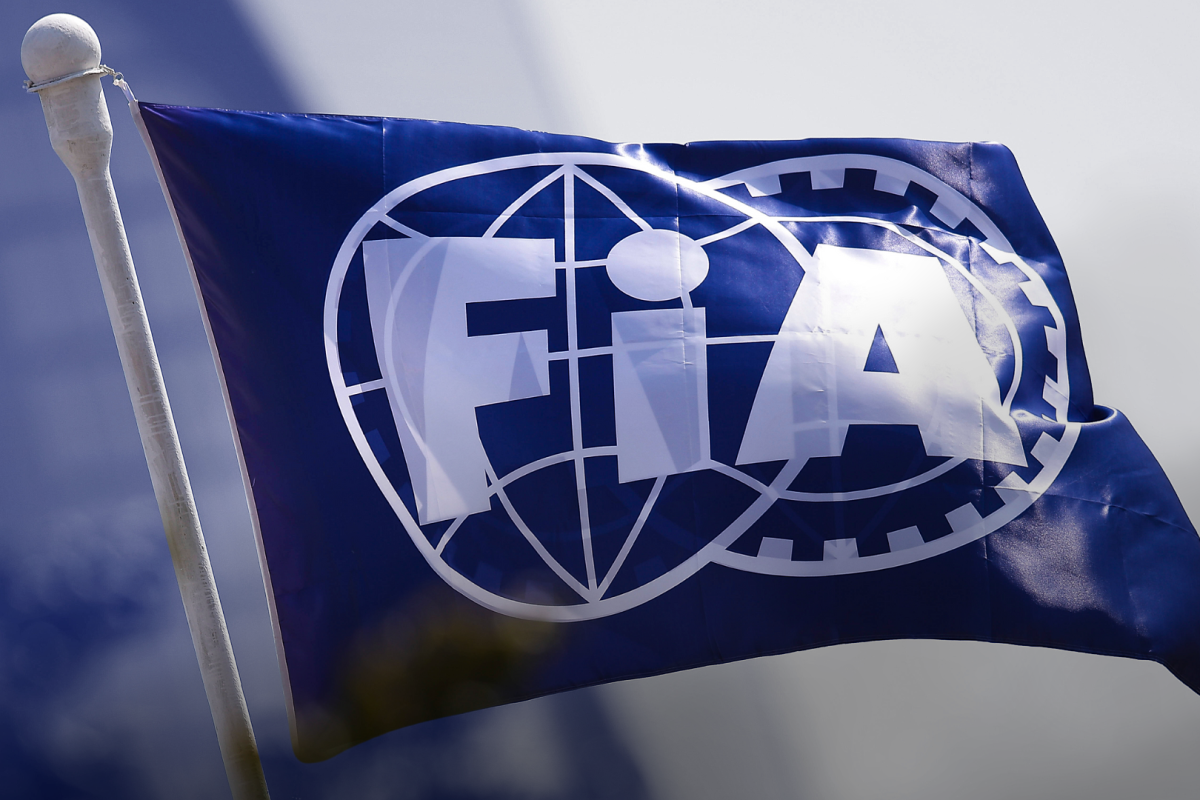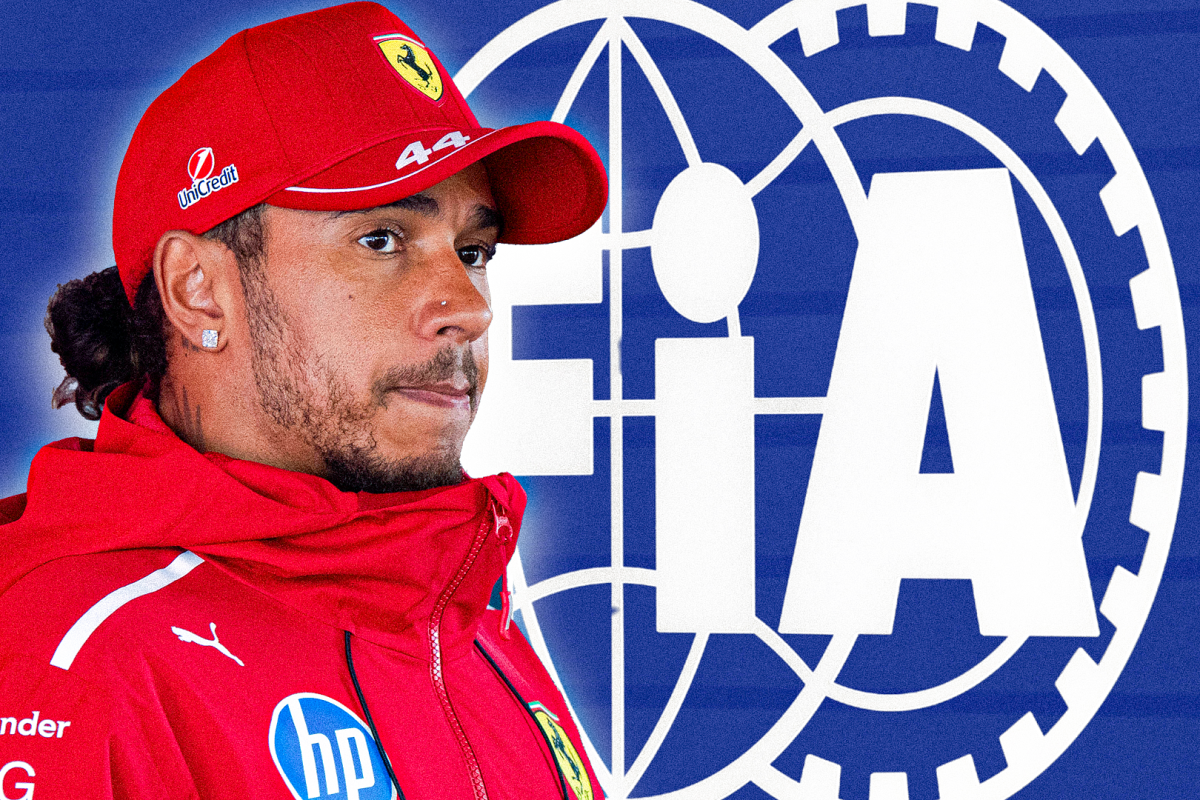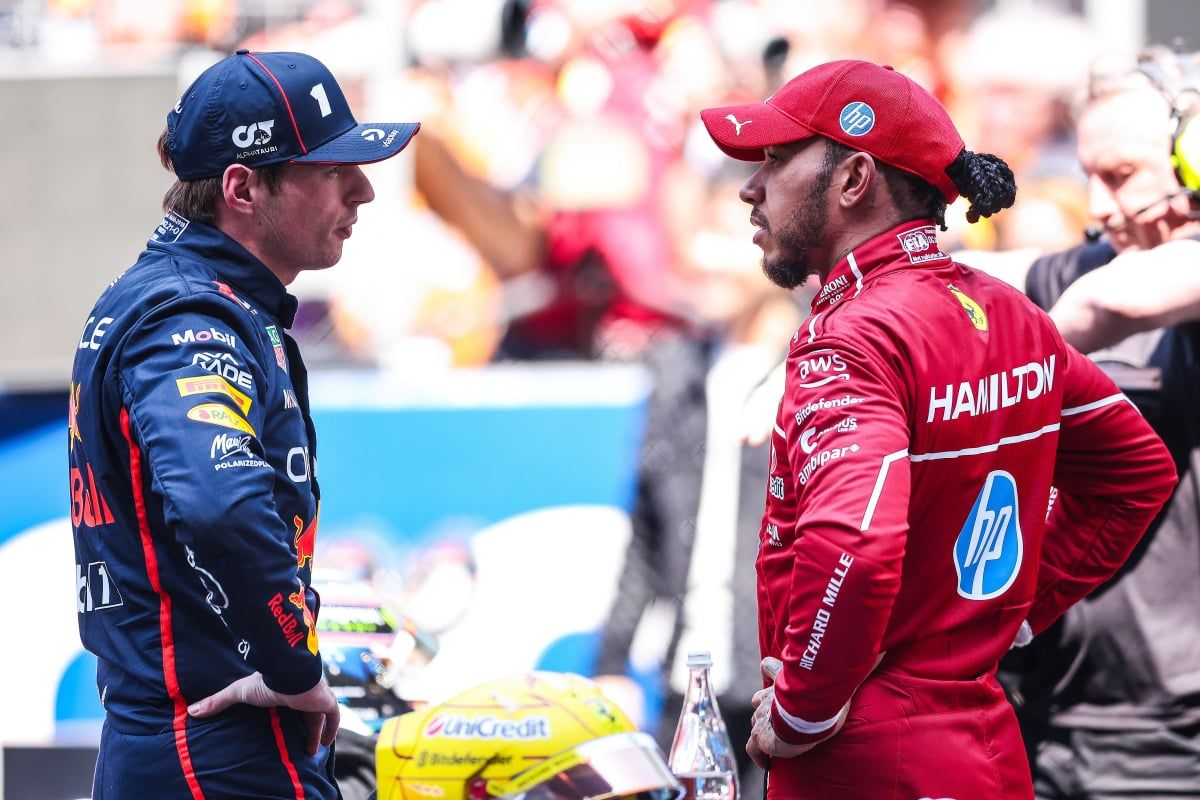Breaking news: FIA Revises F1 Swearing Penalty Rules Ahead of…readmore
In a significant update to Formula 1 regulations, the FIA has introduced a revised policy on penalties for drivers who use inappropriate language. This development comes after months of tension between the FIA and drivers across multiple motorsport disciplines, including Formula 1, in response to a strict anti-swearing campaign initiated by FIA President Mohammed Ben Sulayem.
Announced ahead of the 2025 Imola Grand Prix, the rule change is intended to address the backlash received from prominent F1 figures who argued that the original penalties lacked proportionality and context. President Ben Sulayem had previously emphasized the importance of maintaining professional standards, particularly in public broadcasts, and spearheaded a crackdown on what he labeled as unacceptable language. However, the reaction from the F1 community was largely critical, with many suggesting the measures were overly punitive and out of touch with the high-pressure reality of motorsport.
The controversy began to escalate after high-profile incidents involving top drivers. Max Verstappen, for instance, received a community service-style punishment for swearing during a press conference last October. Similarly, Ferrari’s Charles Leclerc was hit with a financial penalty following an emotional post-race interview. These sanctions provoked widespread criticism, particularly from the Grand Prix Drivers’ Association (GPDA), whose chairman George Russell voiced concerns about the policy’s execution and the lack of consultation with drivers.
Russell and other GPDA members argued that while the use of offensive language should be discouraged, context matters. Emotional outbursts in the heat of competition, they argued, should not be penalized in the same way as deliberate and aggressive language. They pushed for a more balanced approach—one that acknowledges the pressure drivers face without condoning inappropriate behavior.
The FIA has now responded by updating its penalty framework. One of the key changes includes reducing the maximum fine for swearing from €10,000 to €5,000. In addition, stewards will now be given greater discretion to issue suspended penalties for first-time offenses and to consider the context in which any language is used. This includes distinguishing between controlled settings such as official media briefings, and emotionally charged, live interview moments immediately following a race.
Furthermore, the revised guidelines will also encourage a move away from purely financial penalties in favor of more meaningful sporting sanctions for serious misconduct—such as grid penalties or time penalties—particularly in cases involving abusive behavior toward officials or media.
This change in policy appears to be an effort to strike a balance between maintaining the integrity of the sport and respecting the human element of driver behavior. While some team principals, including Mercedes’ Toto Wolff, have defended the initial crackdown as necessary to uphold F1’s image for younger audiences, others within the paddock feel the latest adjustments represent a fairer and more realistic compromise.
As the F1 world turns its attention to the Imola Grand Prix, drivers and fans alike will be watching closely to see how these updated rules are enforced and whether they succeed in restoring harmony between the FIA and the sport’s key stakeholders.




